From Switzerland to a hut in New Zealand
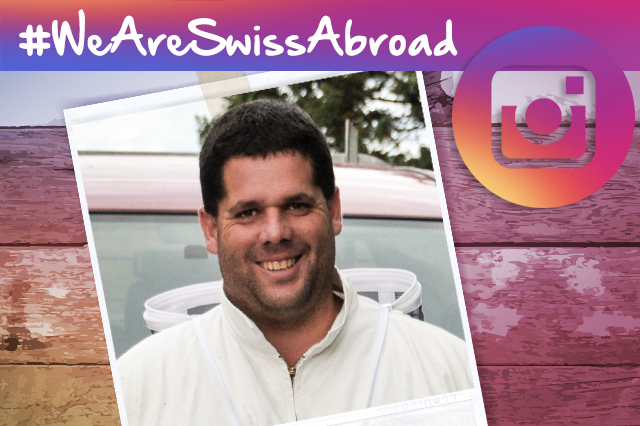
Having left his native Broye in canton Fribourg 15 years ago, Raphael Knopf, 38, has since found happiness in the antipodes. Knopf has built his home in the wilds of New Zealand’s North Island, where he cultivates organic honey in harmony with the savage nature of his adopted country.
swissinfo.ch: Why did you leave Switzerland?
Raphael Knopf: It was in September 2002. I had completed two certificates of professional competence and my military service, and I had planned to go to Nepal to help build a dam. But as the civil war in Nepal was raging at that time, it was not possible. My second choice was to go to Australia, then New Zealand.
I really wanted space, adventure, and to discover new things.
swissinfo.ch: How did the first months go?
R.K.: I felt disoriented. I didn’t speak English. During my years at school, I was never interested in learning English because I thought, and I still think, that we should learn the national languages first.
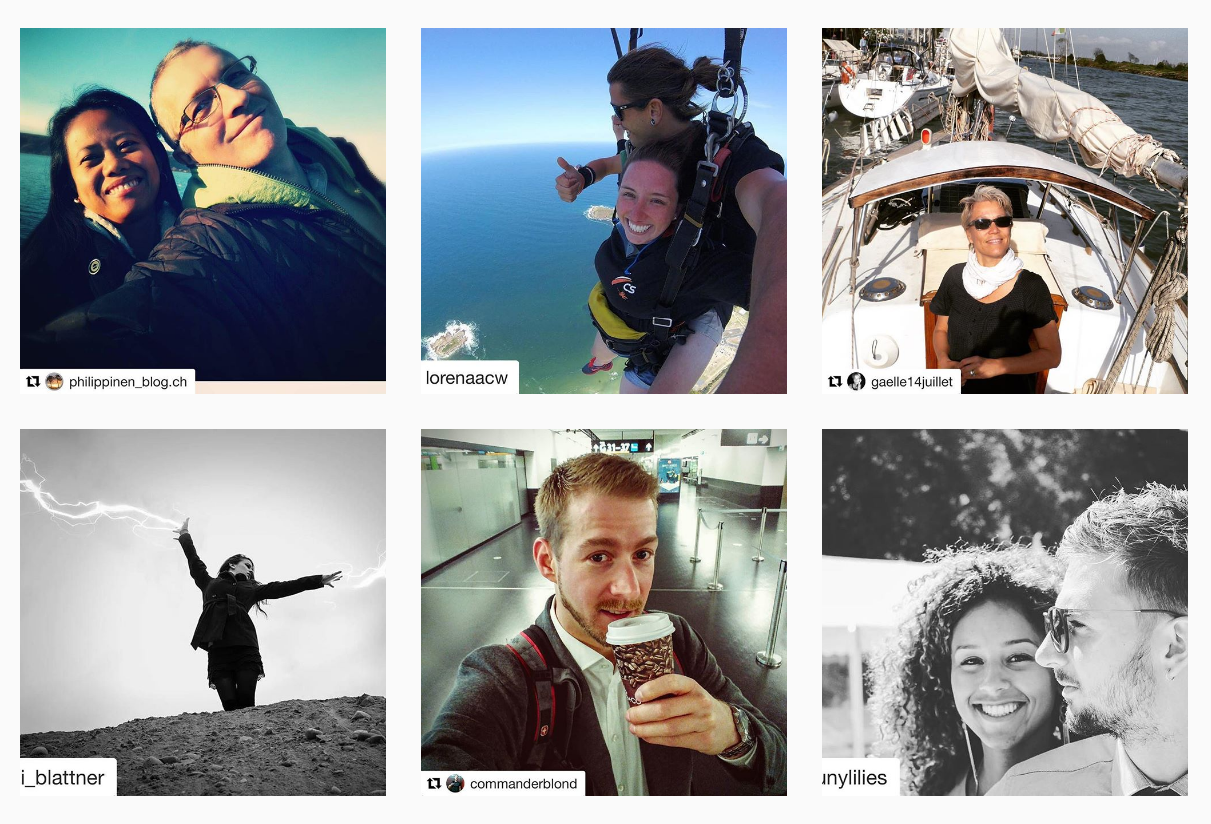
At first, communication was a bit difficult, but it went OK. During the first month, I was in the Australian desert, and at times I would not see another person for a week – only the attendant at the petrol station. The solitude certainly answered a few of my questions. It occurred to me that I was not scared of my own company and that I didn’t need to post selfies to make myself feel good.

swissinfo.ch: Did you leave forever, or did you plan to return to Switzerland?
R.K.: In the beginning, I thought I would come back, but I didn’t have a fixed return date. After a few months of travelling, I realised that I had the opportunity to achieve my dreams: work with the earth, hole up in a hut in the solitude of vast forests, hunt, and live simply without the worry of losing myself in the masses or pretending to be someone else.
swissinfo.ch: What do you do for work?
R.K.: Currently, I am the father of a son as well as a co-director, with my own father, of our family business, Knopfhoney Ltd. I’m a beekeeper, farmer, and excavator driver. We employ 22 beekeepers, and we do everything from A to Z: building the hives, producing the Manuka honey, sales, etc. From this year, we are very proud to use only organic treatments against varroa [a parasitic mite that attacks bees].
I get up in the morning with positive energy [and] a thirst for success, so that I have something to pass on to my son later. [I am especially thankful for] the good advice of my father and all my family, which has always supported me during the difficult moments, despite the distance. The business is doing very well and we are growing in a sector that has a promising future. We use state-of-the-art techniques and we can trace all our honey.
The Manuka honey that we produce is one of the purest. It is not only used for medicinal products, dressings, creams, throat treatments – it’s also just for eating. Its antiseptic and inflammatory properties – against sore throat, stiffness, burns, diverse inflammations and lots of other things – are incredible.
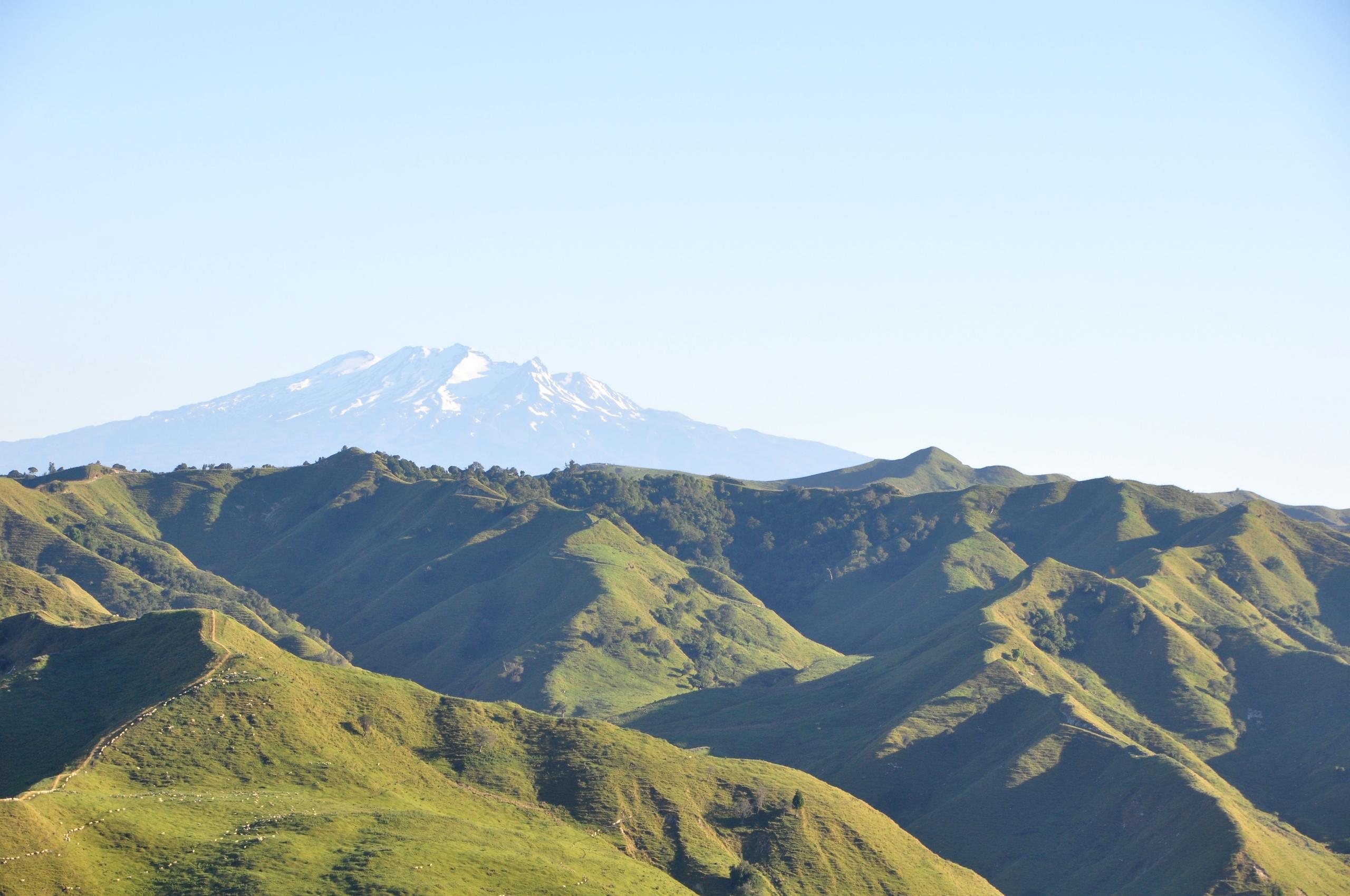
swissinfo.ch: Where do you live at the moment? What is life and food like there?
R.K.: My son and I live in Hunterville, in New Zealand. We live well, and simply: the vegetables come from the garden, and meat comes from the farm or from hunting. But in New Zealand, the middle class is beginning to suffer. In comparison with the average salary and the price of food, Switzerland is cheaper. The food is good and similar to what you find in Switzerland. And I do the cooking myself.
swissinfo.ch: What do you think is better about your country of birth than your adopted country?
R.K.: At the moment, I prefer New Zealand because there is more space, so there is more freedom. I have had the opportunity to build a solid family business (three generations) and to realise my dreams: farming, beekeeping, fishing, hunting, etc.
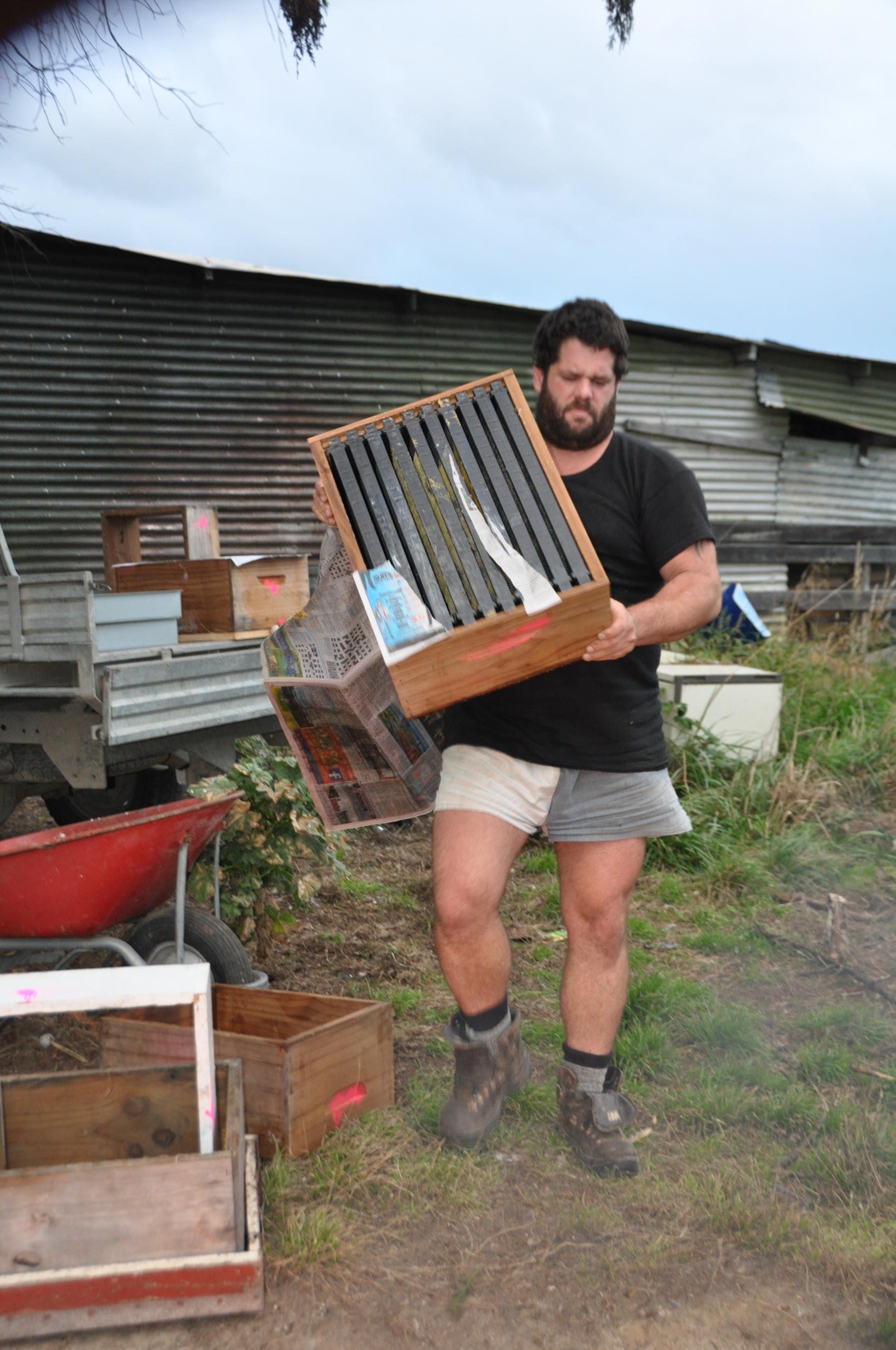
swissinfo.ch: How do you see Switzerland now that you are looking at it from the outside?
R.K.: From here, Switzerland is doing well, as I have always thought. My only worry is the socialist tendency and its consequences for the next generations of Swiss in Switzerland. When I came to New Zealand, I didn’t receive anything for free. When a foreigner arrives in a country, wherever it is, they must take steps to integrate and not wait for others to take steps to accept them.
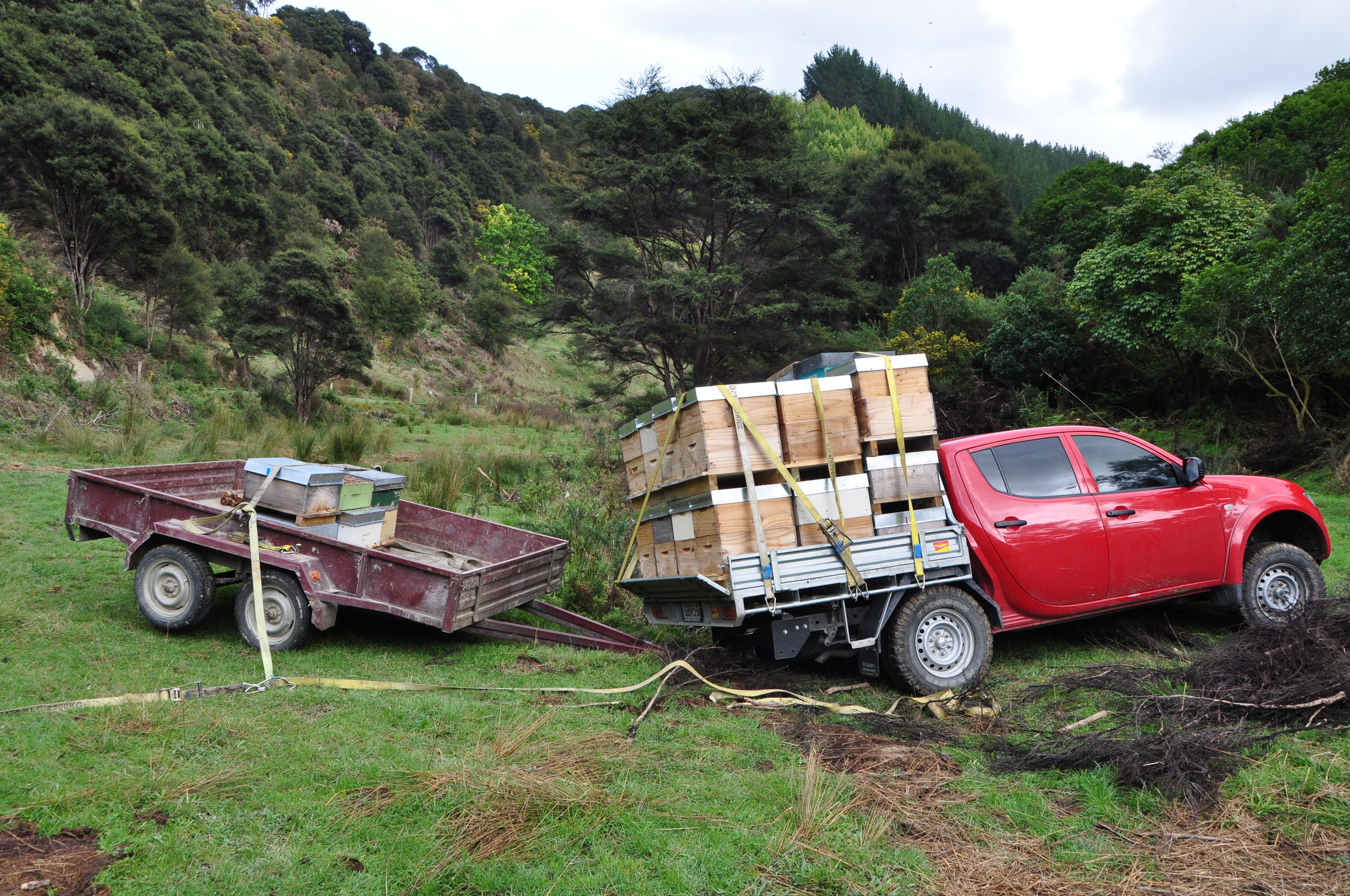
swissinfo.ch: Do you participate in elections and votes in Switzerland?
R.K.: Yes, sometimes I vote in Switzerland, by correspondence.
swissinfo.ch: What do you miss most about Switzerland?
R.K.: My family, old friends, and winter in the mountains.

In compliance with the JTI standards
More: SWI swissinfo.ch certified by the Journalism Trust Initiative










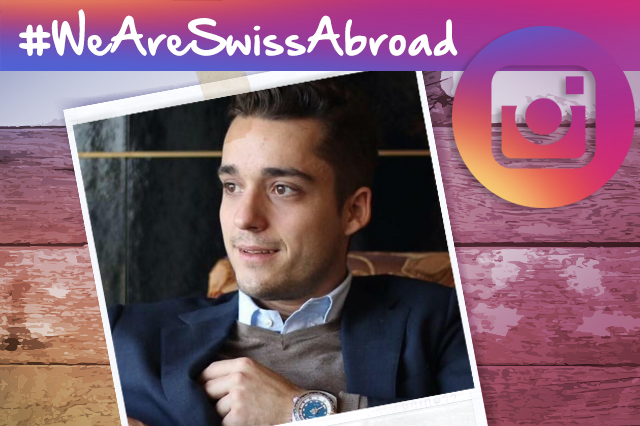
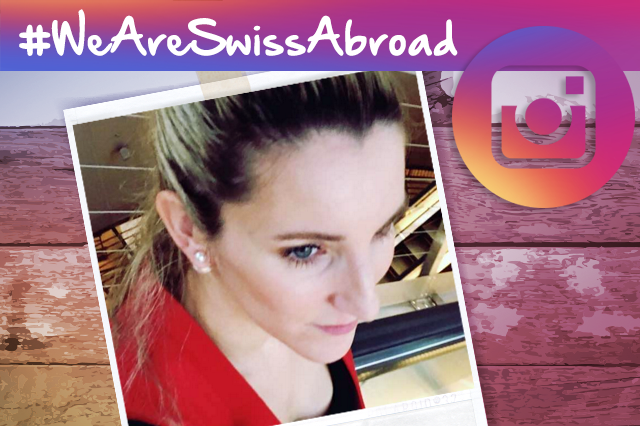
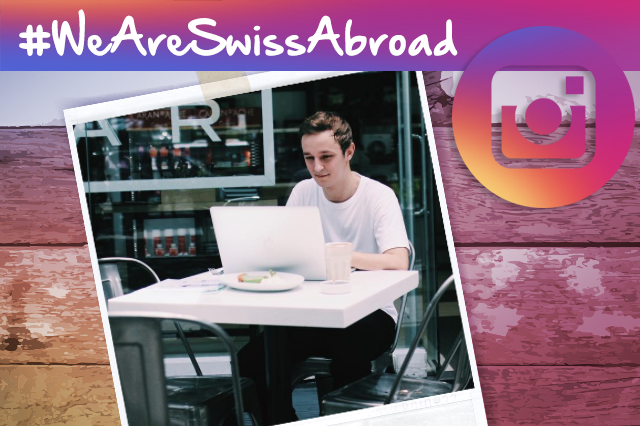

You can find an overview of ongoing debates with our journalists here . Please join us!
If you want to start a conversation about a topic raised in this article or want to report factual errors, email us at english@swissinfo.ch.